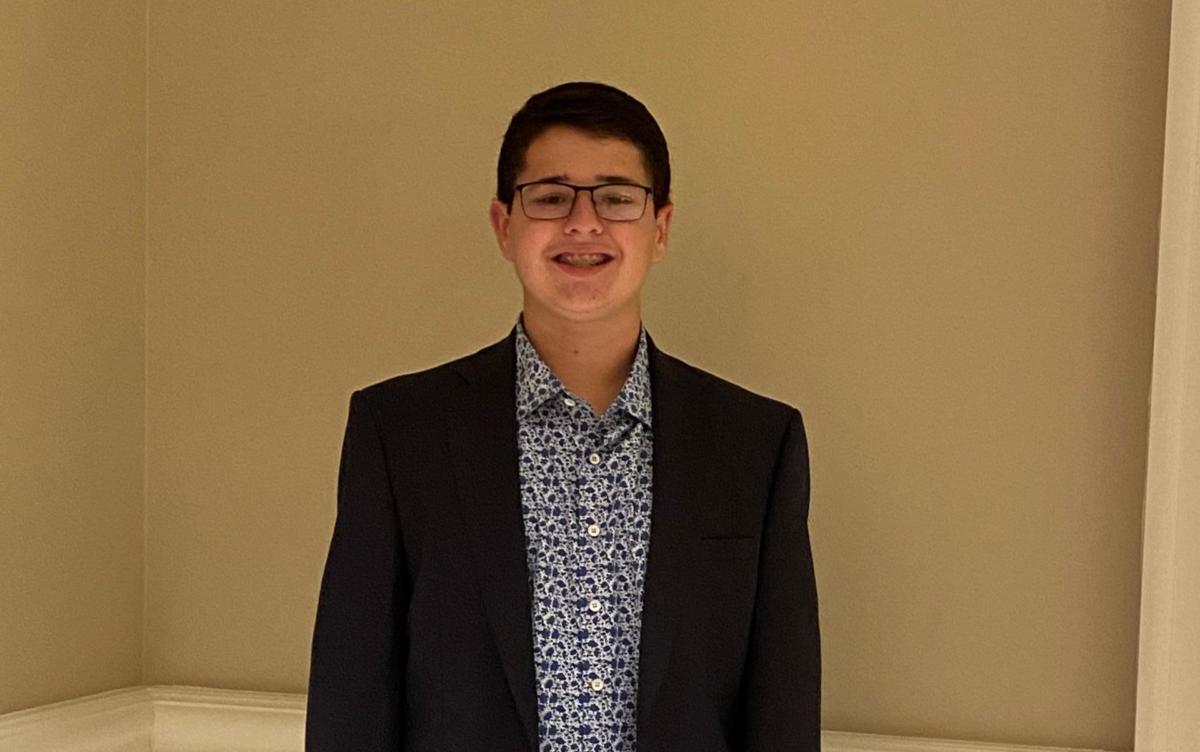The Poetic Diabetic: How to Talk to a Type 1 Diabetic 3/16/22

Welcome back to The Poetic Diabetic!
Is it just me, or does everyone have the same two reactions when they learn you have diabetes? They typically say “Eat less sugar” or “My grandfather’s niece’s cousin’s hairdresser has diabetes”. It’s always one of those two, I feel. Both are sort of demoralizing for their own reasons. In this article, I want to outline why some common responses can be unintentionally hurtful to a type 1 diabetic and what people could say instead.
One comment I think every type 1 diabetic has gotten in their lifetime is, “you should eat (thing) to cure your diabetes”. This supposed miracle cure is based on misinformation and confusion. While people’s hearts are in the right place when they say, “have you tried eating cinnamon”, they fail to realize the distinct difference between type 1 and type 2 diabetes. Even if their advice is well intentioned, it may be interpreted wrong for others. Instead of trying to propose holistic cures, it may be more thoughtful for people to ask about diabetes and learn about possible cures and treatments. I would much rather inform people about diabetic treatments than have them misinform me, and I believe that sentiment is one that many diabetics share.
Another common response when people first meet a person with diabetes is, “you shouldn’t eat (thing); it’ll harm your diabetes”. These people have the same genuine intentions, but they also have the same misinformation. Type 1 diabetes is a lifelong illness that requires constant management. A diabetic would never forget that they had diabetes when eating a slice of pizza. They’ve likely already taken the appropriate action to be able to eat what they’re planning to. This is an illness that diabetics constantly live with; they most definitely have better judgment regarding what they can and can’t eat.
Finally, there are the people who talk about how someone they know also has diabetes, meaning they understand how diabetics feel. In most cases, I find that they know someone who has type 2 diabetes and not type 1. As people with type 1 are aware, type 1 does not equal type 2. Diabetes is a difficult lifelong illness that requires 24/7 attention and WORK, whether type 1 or type 2. However, the management is different for everyone, and for me, I don’t have a single day when I’m not actively thinking about how to manage my illness. I don’t have a single night where I’m not worried about being woken up in the middle of the night by blaring alarms (glucose monitors) telling me to treat my illness. I understand why people talk about diabetic people they know. They’re trying to relate to people who have this illness. It’s one of those things that’s difficult to relate to, however. Diabetes is a constant worry and stress for me and for others, where a wrong move can lead to hospitalization or even worse cases. I think it would be best for people not to assume they understand diabetes through one lens, and I strongly believe people should be more aware of the distinction. Though I appreciate the thoughtfulness, I would like to inform people of what my reality looks like, instead of being compared to someone else’s management and reality. Everyone is different, which means everyone’s interpretations are also different.
Well-intentioned friends can avoid these painful pitfalls, though. The most important thing is to recognize how difficult and intensive diabetic treatment can be. People who talk about understanding diabetes thanks to their sibling or cousin or whoever are often surprised when I tell them about the hours of work I put in per week and the constant worry I have over my diabetes. I’d also personally welcome an informative discussion about diabetes. While I’m quick to shut down people spreading misinformation about diabetes, I’m always willing to educate people about this disease and my experience with it. That’s the whole reason I started this blog, after all. That’s all I have to say for today! From one diabetic to another, see you later!
And remember, keep checking your blood glucose, you’re doing a good job!
Respectfully,
Oliver Shane